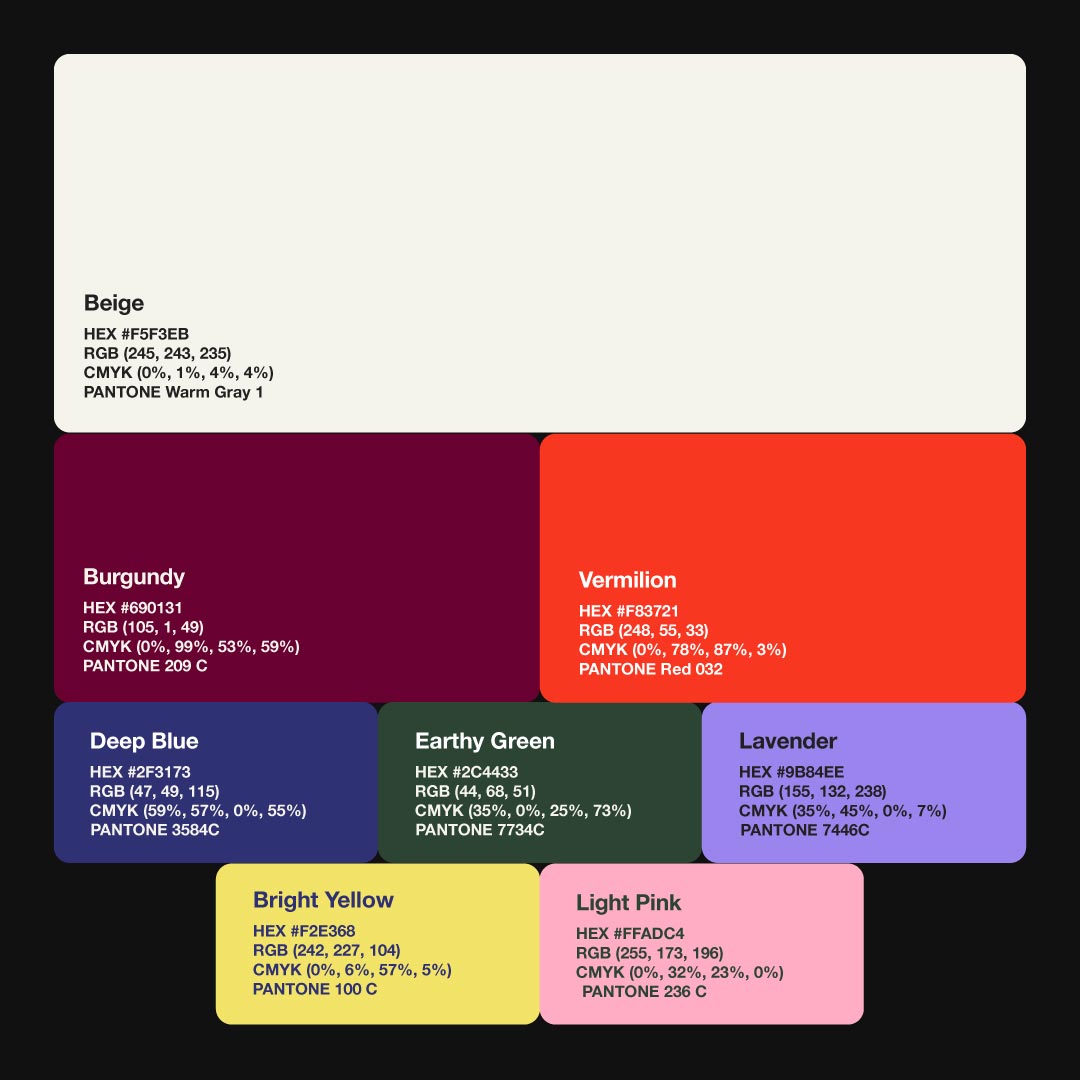Building Ace Academy’s First Unified & Accessible Brand System
How do we create a brand system that's both consistent and creative?
Ace Academy's identity was scattered across disconnected presentations, web pages, and ad-hoc collateral. Staff and partners applied logos, colors, and typography inconsistently, creating inefficiencies and limiting their ability to scale communications effectively.
A System Built on Data and Empathy
I developed a data-driven brand system based on stakeholder empathy and objective analysis.
Discovering the Voice of the Team
I interviewed key stakeholders to uncover the story behind their visual motifs and mission, then audited their entire ecosystem—presentations, websites, marketing materials—to identify patterns and creative opportunities.


Letting the Data Drive Decisions
To move beyond subjective color conversations, I wrote a Python script that analyzed pixel color usage across their website and 149 presentation slides. The analysis revealed that beige dominated both platforms (35% website, 56% presentations), with burgundy as the strongest secondary color (21% website, 11% presentations).
This data provided objective proof for establishing a warm, professional palette and built stakeholder confidence in the strategic direction.
Building for Accessibility and Scale
Color System: I established primary and secondary palettes based on data analysis, ensuring every color combination passed WCAG AA contrast standards for maximum accessibility.
Typography & Logo Standards: Clear hierarchies and usage rules eliminated guesswork, including specifications for clear space, minimum sizes, and approved applications.
Template System: I designed a comprehensive PowerPoint library that reduced presentation creation time, enabling teams to produce on-brand materials independently.


Bringing the Brand to Life
The accessible template system became the cornerstone of implementation, immediately adopted across departments.
The Outcome
The brand system was rapidly approved by both Ace Academy and their parent organization, the Bainum Family Foundation, establishing their first "single source of truth" for visual identity.
Unified Identity: Eliminated visual inconsistency across all touchpoints
Accessibility: WCAG AA compliance across all brand applications
Industry Recognition: 2025 Hermes Creative Awards Honorable Mention







